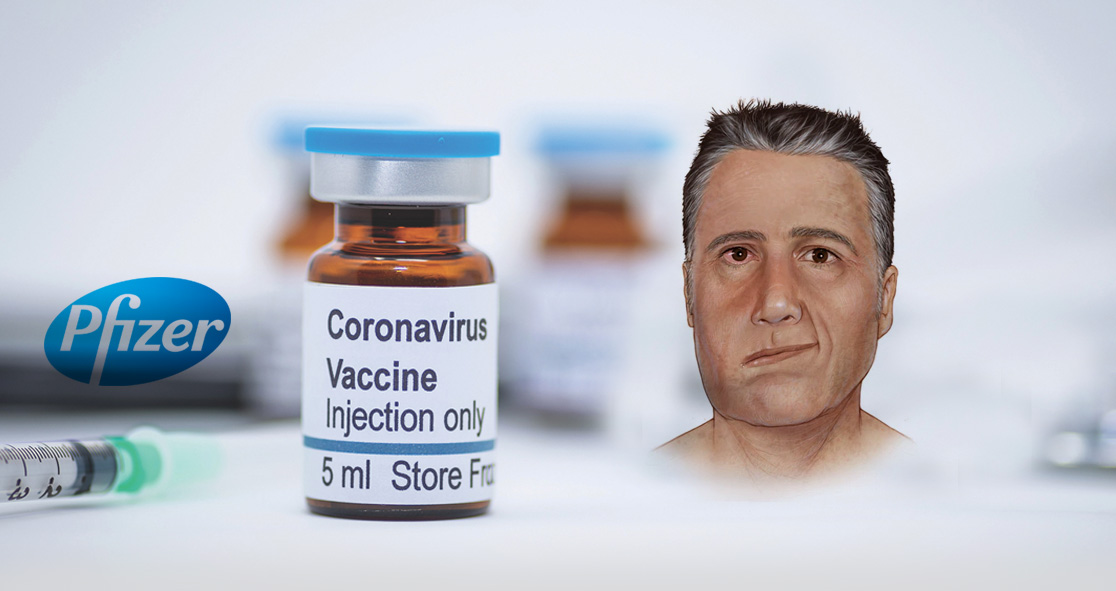According to a post that has been circulating online, three of four volunteers developed Bell’s palsy, aka facial paralysis, after getting vaccinated with Pfizer’s coronavirus vaccine.
The exact cause of Bell’s Palsy is idiopathic and may occur at any age, according to Mayo Clinic. The nerve condition causes temporary facial weakness or paralysis.
Experts have said such social media posts are misleading and untrue.
Chad Neilsen, director of infectious disease at UF Health Jacksonville, said misleading posts like this are common, according to News 4 Jax.
He said, “This is something popular going around social media, particularly with the anti-vaccination crowd.”
Neilsen wants to remind people that not everything posted on social media is true.
“There’s no evidence of that with this vaccine yet,” he said. “Certainly, when Pfizer released their clinical trial information, the adverse effects were reported and it was nothing serious. I’ll go on to say there were deaths in the trial and none of them were linked to the vaccine.”
However, it is true that four volunteers in the Pfizer COVID vaccine trial experienced Bell’s palsy. Also, four other participants in Moderna’s coronavirus vaccine trial experienced Bell’s palsy.
In Pfizer’s trial, the participants who experienced Bell’s palsy did receive the vaccine. And in Moderna’s trial, three participants who received the experimental vaccine experienced Bell’s palsy, while the one who had facial paralysis received a placebo.
Dr. Elizabeth Ransom, Executive Vice President and Chief Physician Executive of Baptist Health of Jacksonville, Florida, said that should not deter people from getting vaccinated.
She said, “Just like there were some cases of appendicitis both in the vaccine arm and in the placebo as well. These things will occur naturally.”
On December 11, the U.S. Food and Drug Administration (FDA) approved the emergency use of Pfizer’s vaccine, with the nation rolling out the doses across all states.
The agency recognized and analyzed all the cases of Bell’s palsy before approving Pfizer’s vaccine, but said there is no evidence to link the two.
It is imperative to note that the reaction of Bell’s palsy did not happen immediately after receiving the vaccine, but they appeared weeks later.
The FDA has recommended surveillance of Bell’s palsy as more and more Americans are about to get the vaccine to achieve herd immunity against the new virus.
“Since there is nothing scientific directly linking the two, we are going to mark this claim as ‘Not True’ on the trust index,” according to Trust Index, an initiative by Graham Media Group to fight misinformation and provide readers fact-checked information. The article originally appeared on News 4 Jax, the news outlet owned by the Graham Media Group.























